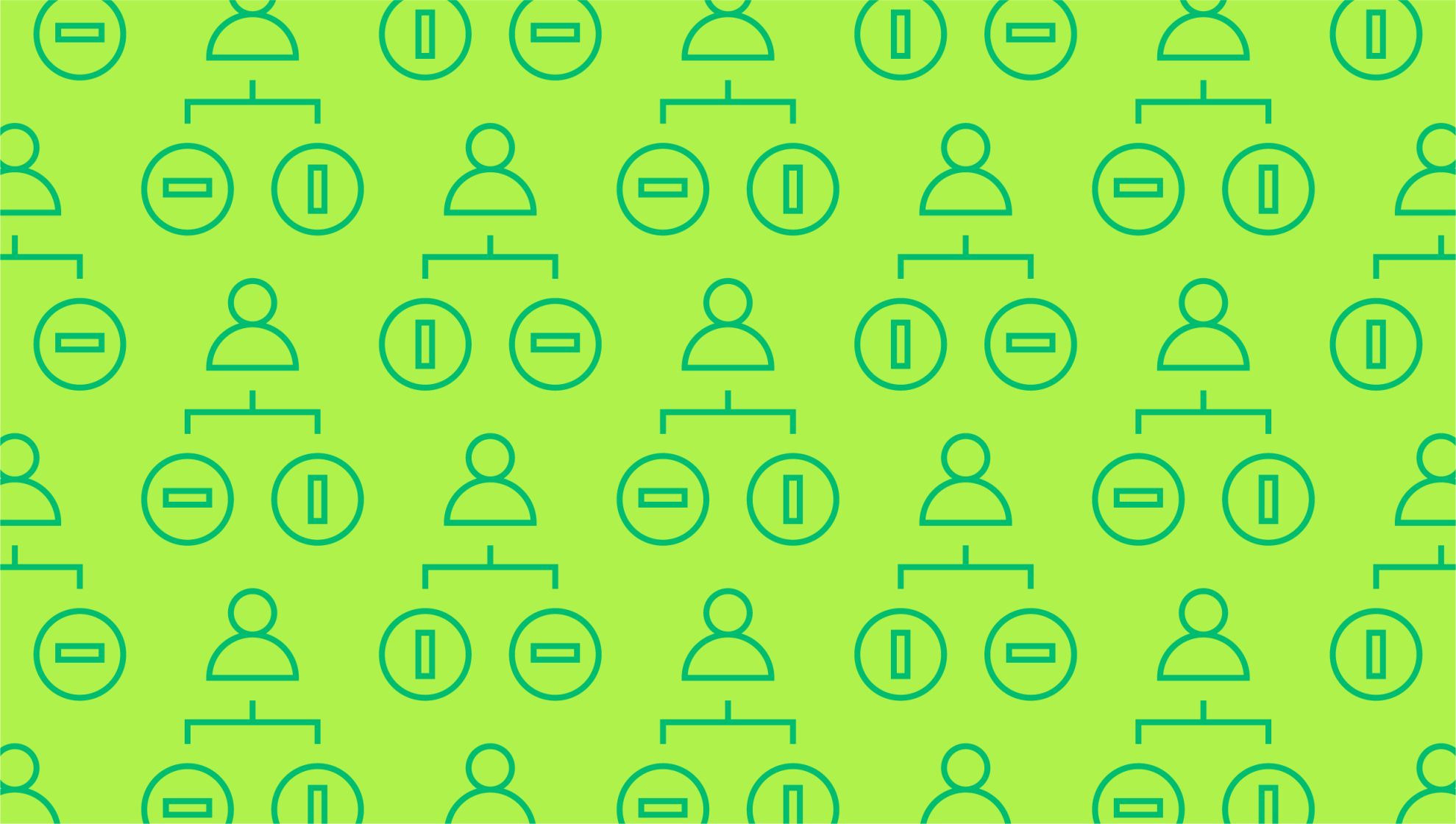Last editedOct 20202 min read
You’ve probably heard the term “fintech” before, but do you really understand what it means? Fintech has come to affect most areas of our lives, from paying for goods and services to trading on the stock exchange. So, what is fintech? Find out everything you need to know with our handy guide. We’ll cover the definition of fintech, take you through a range of fintech examples, and explain the rise of fintech payments and how GoCardless is leading the pack!
Fintech definition
Fintech is an abbreviation of financial technology. Essentially, it’s a term used to describe businesses that provide financial services via technology or software. In other words, the fintech industry is all about the evolving intersection of technology and financial services. Stored documents on the cloud? You’ve used fintech. Made a purchase with PayPal? You’ve used fintech. Downloaded an app on your phone? You guessed it – you’ve used fintech!
At heart, fintech aims to help consumers improve their financial lives and businesses improve their financial processes with specialized algorithms and software. Although fintech is usually associated with bleeding-edge start-ups and emerging growth companies, the larger ecosystem includes a broad range of players, including established financial institutions and big tech companies. Bottom line: fintech is transforming the financial services industry for the better.
Fintech examples
Now that you have a better sense of the fintech industry, let’s explore some of the uses of fintech:
Trading – First off, let’s think about trading. There is a broad range of stock trading apps that investors can use to buy and sell stocks from their mobile devices at the push of a button. Furthermore, many robo-advisors have hit the market, providing algorithm-based portfolio management and asset recommendations to investors.
Regulations – Also referred to as regtech, some fintech companies focus on using technology to improve compliance and facilitate regulatory processes. Regtech is particularly beneficial for anti-money laundering regulations and know your customer protocols, which are geared towards combating fraud.
Blockchain and cryptocurrency – One of the highest-profile examples of fintech is blockchain, which provides a more secure way to track financial transactions. From decentralized ledgers and immutable records to blockchain-powered invoicing, the impact of blockchain and cryptocurrency on the financial services industry is continually evolving.
Lending – It’s also essential to think about how fintech is impacting lending solutions, or lendtech. Introducing technology to the lending process can make it easier to forecast income prospects, appraise collateral value, and assess the track records of prospective borrowers.
Insurance – The insurance industry has also been impacted by fintech. Put simply, insurtech aims to use technology to streamline the insurance industry, making use of a broad range of tools like machine learning and the Internet of Things (IoT).
Besides these fintech examples, there are many other areas of the financial industry that fintech businesses are revolutionizing, including cloud accountancy, crowdfunding, cybersecurity, smart contracts, etc.
Fintech payments: the impact of GoCardless
Fintech has also had an enormous impact on the payments industry, making it far more convenient to handle and move your money. Alternative payments providers like Apple Pay are streamlining personal and business transactions through technology, while other, more innovative fintech payments brands (for example, DailyPay allows employees to decide when and how often they get paid) are helping to expand the horizons of fintech as we move forward.
Of course, GoCardless is also one of the leading brands in the fintech payments space. As the first global network for recurring payments, GoCardless makes it easy to collect Direct Debit payments from your customers, wherever they’re based. In February 2020, we were nominated as UK fintech of the year. We’re now continuing to grow, integrating seamlessly with over 200 of the best invoicing software providers, CRMs, and subscription billing platforms.
We can help
GoCardless helps you automate payment collection, cutting down on the amount of admin your team needs to deal with when chasing invoices. Find out how GoCardless can help you with ad hoc payments or recurring payments.


